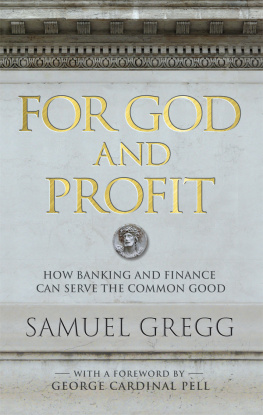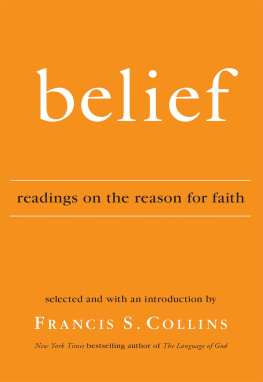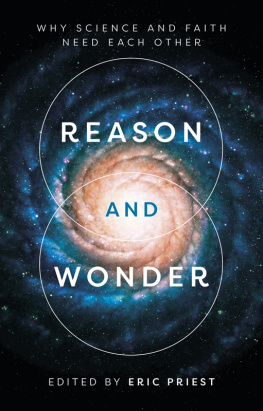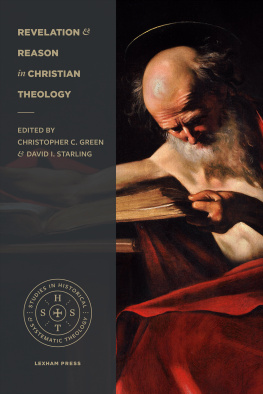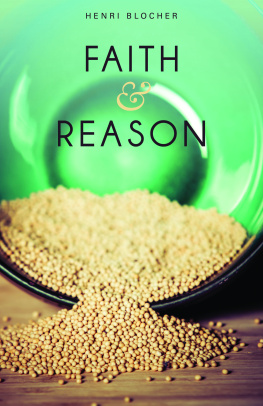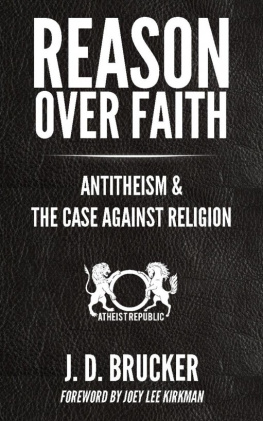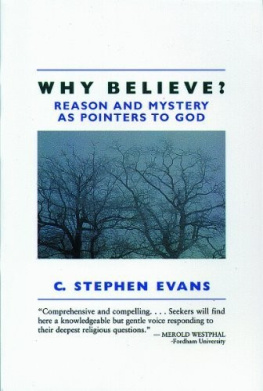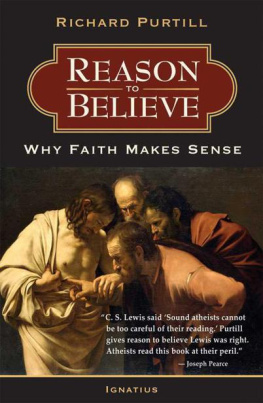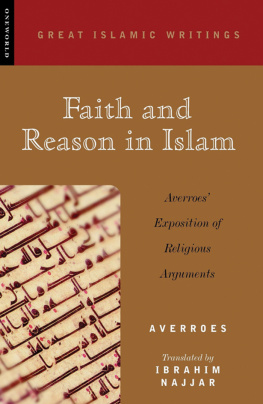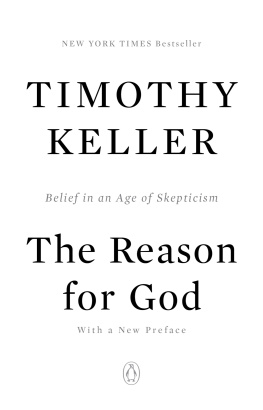Praise for
Reason, Faith, AND THE Struggle FOR Western Civilization
Samuel Gregg poses the only question that matters: Can the West survive? It can, he concludes, but only by resorting to the radical measure of becoming, once again, itself. This book is a trumpet blast, calling an entire civilization to arise as from a tranceto true wokeness. A magnificent achievement.
Peter Robinson, former speechwriter to President Reagan and Murdoch Distinguished Policy Fellow at the Hoover Institution
Understanding Western civilizations present crisis involves grasping how and why the separation of reason and faith has left the West adrift. In this powerful book, Samuel Gregg shows that restoring faith and reason fides et ratio to their proper place is essential if the West is to rediscover itself and draw upon the best of its religious heritage and the Enlightenments achievements.
James V. Schall, S.J. (19282019), professor emeritus, Georgetown University
Samuel Gregg has put us all in his debt by recalling us to the fundamental truthonce obviousthat reason without faith is sterile. Reason, Faith, and the Struggle for Western Civilization is a masterly inquiry into what has made what we call the West the dynamo that changed the world. The answer cannot be found in political innovation or technological prowess alone, but also involves a recognition of that horizon of transcendence that grounds reason and the whole Enlightenment project. This is a deep and authoritative inquiry into the resources that our civilization requires to succeed but which are everywhere under siege. Anyone who cares about the future of Western civilization should read this.
Roger Kimball, editor and publisher, The New Criterion
If you think Enlightenment means only science, if you think Western civilization is only about politics and economics, or if you think faith and reason cannot coexist, then you need to read this book. What gave rise to the West, Samuel Gregg argues, was not just science, politics, or economics, but a vision of the human person that did not separate but integrated faith and reason. Gregg shows the way out of our spreading pathologies of reason and faith, demonstrating the true nature, and limitations, of reason, its deep connection to faith, and their complementary roles. The benefits of Western civilization can be realized in no other way. Gregg shows us how they might be preserved not only for us but for future generations.
James R. Otteson, Thomas W. Smith Presidential Chair in Business Ethics, professor of economics at Wake Forest University
Faith and reason form the foundation of the optimistic outlook in Samuel Greggs book. He shows how reason unmoored in faith and faith detached from reason easily drift into forms of unequal treatment, denying our creation in the image of God, which anchors us in hope. From Genesis to Paul, Gregg shows that the arrow is from Truth to Freedom, through logos to enlightenment. The West has flourished in this freedom. May it never be lost.
Vernon L. Smith, 2002 Nobel laureate in Economics, Chapman University
Samuel Gregg has written a clear, eloquent, and concise guide to the intellectual and spiritual currents, rooted in reason and faith, which inform Western civilization at its best. He does full justice to the Wests Jewish and Christian roots and their affirmation of reasons ability to articulate freedoms purposes. He also lauds the best currents of Enlightenment thought even as he warns against the forces of destruction that increasingly impel the modern world toward tyranny and a soul-destroying nihilism. With impressive learning and grace, he shows his readers a way back to the old verities that point the way toward a promising future. A must-read for all who care about the fate of a Western civilization rooted in truth and liberty.
Daniel J. Mahoney, Assumption College, author of The Idol of Our Age: How the Religion of Humanity Subverts Christianity
Copyright 2019 by Samuel Gregg
All rights reserved. No part of this publication may be reproduced or transmitted in any form or by any means electronic or mechanical, including photocopy, recording, or any information storage and retrieval system now known or to be invented, without permission in writing from the publisher, except by a reviewer who wishes to quote brief passages in connection with a review written for inclusion in a magazine, newspaper, website, or broadcast.
Regnery Gateway is a trademark of Salem Communications Holding Corporation
Regnery is a registered trademark of Salem Communications Holding Corporation
Cover design by John Caruso
Cataloging-in-Publication data on file with the Library of Congress
ISBN 978-1-62157-802-4
ebook ISBN 978-1-62157-906-9
Published in the United States by
Regnery Publishing
A Division of Salem Media Group
300 New Jersey Ave NW
Washington, DC 20001
www.Regnery.com
Books are available in quantity for promotional or premium use. For information on discounts and terms, please visit our website: www.Regnery.com.
For Madeleine
Madame ,
Reason is our soul s left hand , Faith her right ,
By these we reach divinity ...
John Donne
Preface
T he theme of this book has long occupied my mind. I have reflected upon it in various settings for more than a decade.
Over that period, nothing has changed my view that the primary challenge facing what we call the West is neither political nor economic. Economics and politics matter. But I have become convinced that the most important questions facing Western societies logically precede these topics and, in many respects, predetermine how we address them.
The ways in which the relation between reason and faith has shaped the West, for better and for worse, are in many ways subterranean. Occasionally, however, they thrust themselves directly into our view.
One such manifestation was the religiously associated violence that Western nations confronted during the first two decades of the twenty-first century. I hope, however, that this book shows that the far greater bloodshed of the twentieth centurys darkest decades, carried out at the behest of ideologies that hardly need to be named, owed much to what I call, after Joseph Ratzinger, pathologies of reason and faith.
Fortunately, there is more to this story than the ways in which Western societies become unmoored whenever reason and faith drift away from each other. One argument of this book is that not only can reason and faith correct each others excesses, but they can also enhance each others comprehension of the truth, continually renewing Western civilization.
I am also convinced that the various movements of ideas and persons often grouped together under that catchall term the Enlightenment need not be perpetually at odds with what I regard as the religions of the West.
It isnt a question of ignoring tensions. They abound and are noted throughout this book. But the ideas that began emerging toward the end of the seventeenth century are inexplicable without the background of the Jewish and Christian faiths and cultures out of which the Enlightenment arose. Likewise, more than a few of the freedoms and achievements now embraced by believing Jews and Christians would have struggled to see the light of day without the efforts of certain figures associated with the Enlightenment.
If this book dismantles several myths about the Enlightenments relation to the faiths of the West and demonstrates that reason and faith need not be locked in an endless struggle for supremacy, it will have achieved more than I could hope. There is no going back to a pre-Enlightenment world. But we need not settle for a civilization shaped by an Enlightenment that marginalizes Jewish and Christian faith.
Next page

